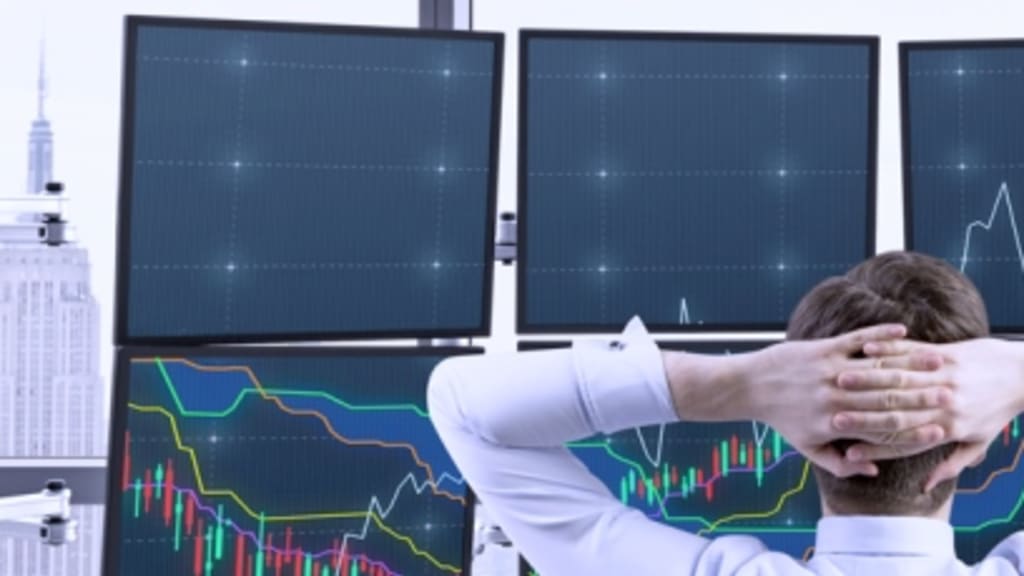The rally is over

When Powell said on Friday that the US central bank will continue to raise interest rates until the economy is under control US stock markets fell. The S&P 500 closed Friday at minus 3.37 percent and the Nasdaq index fell over 4 percent.
When Powell said on Friday that the US central
bank will continue to raise interest rates until the economy is under control
US stock markets fell. The S&P 500 closed Friday at minus 3.37 percent and
the Nasdaq index fell over 4 percent.
During the summer, the broad stock indexes
rose 17 and 22 percent, respectively, before the bear market rally was over for
this time. Now one could expect weak markets for some time to come, at least
until the next interest rate announcement from the economic Federal Reserve,
unless new data is much weaker than expected, which could cause the market to
rebound in anticipation of Powell changing legs once again and reverts to his
more dovish politics.

In the speech that turned the market around,
Powell made it clear that future rate hikes will have to happen as the economy
slows, but that it is a necessity because their absolute biggest focus right
now is getting inflation back to levels closer to the goals set by the Federal
Reserve.
The most worrisome factor in this equation,
however, is how much of an impact the Federal Reserve's rate hikes will have if
inflation is mostly driven by asset shortages. This could lead to the fact
that, despite the several interest rate increases that will eventually also be
seen in the job figures, we can go from just high inflation to stagflation, a
scenario that has previously been a watershed among economists where some have
long said that stagflation is inevitable, while others disagree with.
Right now, however, the labor market is still
strong and unemployment was low at 3.5 percent. Historically, however,
unemployment has lagged, and effects on the labor market have only been seen
several months after rising interest rates when an economy enters a recession.
That would mean the worst is yet to come, and given that Powell has now made it
clear to the market that it will do on the way to the goal of keeping inflation
under control, we can expect further hikes and a shakier economy ahead.

Mini Futures
Risks
Legal notice:
;
This information is in the sole responsibility of the guest author and does not necessarily represent the opinion of Bank Vontobel Europe AG or any other company of the Vontobel Group. The further development of the index or a company as well as its share price depends on a large number of company-, group- and sector-specific as well as economic factors. When forming his investment decision, each investor must take into account the risk of price losses. Please note that investing in these products will not generate ongoing income.
The products are not capitalprotected, in the worst case a total loss of the invested capital is possible. In the event of insolvency of the issuer and the guarantor, the investor bears the risk of a total loss of his investment. In any case, investors should note that past performance and / or analysts' opinions are no adequate indicator of future performance. The performance of the underlyings depends on a variety of economic, entrepreneurial and political factors that should be taken into account in the formation of a market expectation.
